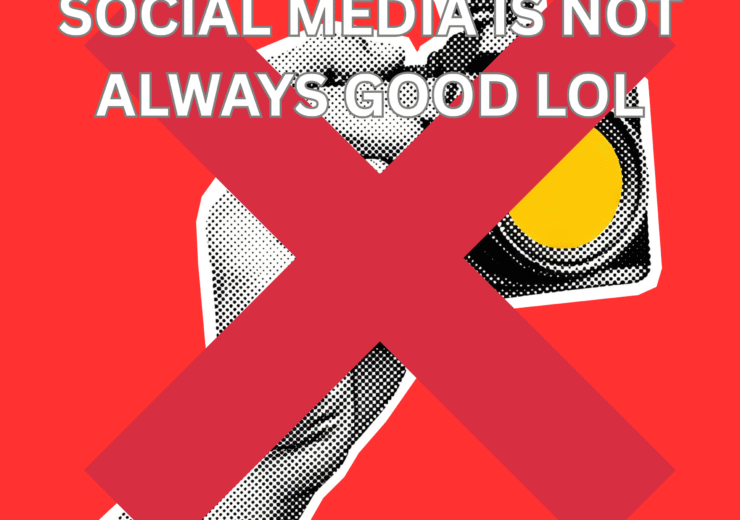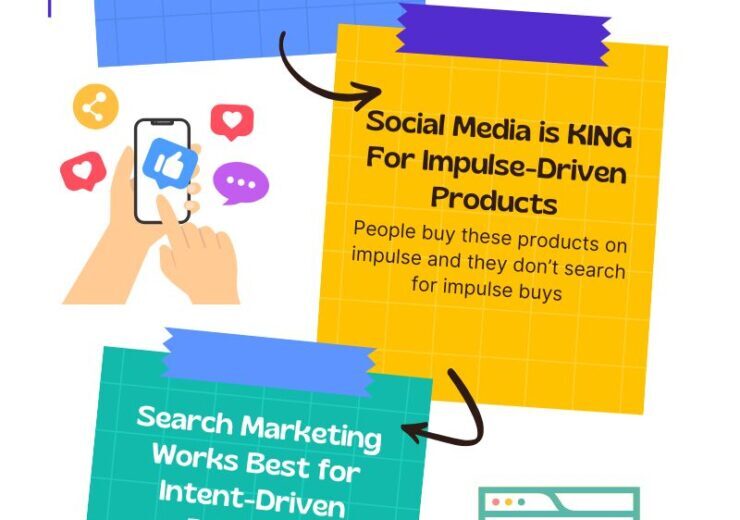Why Influencer Marketing Is Dying
Have you ever bought a product online because a celebrity or an influencer promoted it? I believe that most of us are guilty of it, including me. However, sometimes, the excitement fades quickly, and we realize that the product wasn’t as great as it seemed in the video or photo. This experience is becoming more common, and it highlights a growing problem, influencer marketing is slowly losing its power.
Oversaturation of Influencers
One of the biggest reasons influencer marketing is dying is oversaturation. Today, everyone with a following of a few thousand people calls themselves an “influencer.” Because of this, audiences are constantly bombarded with promotions, discount codes, and “must-have” product recommendations. Instead of feeling inspired, consumers are feeling overwhelmed and skeptical.
Decline in Trust
At its peak, influencer marketing worked because people trusted the voices they followed. But now, with too many sponsored posts, followers can tell when influencers are just “in it for the money.” Trust is the foundation of marketing, and when that trust is broken, the effectiveness of the strategy declines.
Audiences Are Smarter
Consumers today do their research. They read reviews, check multiple sources, and compare prices before making a purchase. Blindly trusting an influencer’s recommendation is no longer the norm. Authenticity matters more than popularity.
Rising Costs, Lower ROI
Brands are also realizing that influencer campaigns are expensive but don’t always deliver results. Paying thousands for a sponsored post or video that doesn’t convert is not sustainable. Many companies are shifting their budgets to SEO, SEM, and performance-driven marketing strategies where ROI can be measured more accurately.
What’s Next?
While influencer marketing isn’t completely dead, it’s evolving. The future lies in authentic partnerships, user-generated content, and community-driven marketing. Instead of chasing influencers with millions of followers, smart brands are building long-term trust with micro-communities and focusing on strategies that scale, such as content marketing and search optimization.





